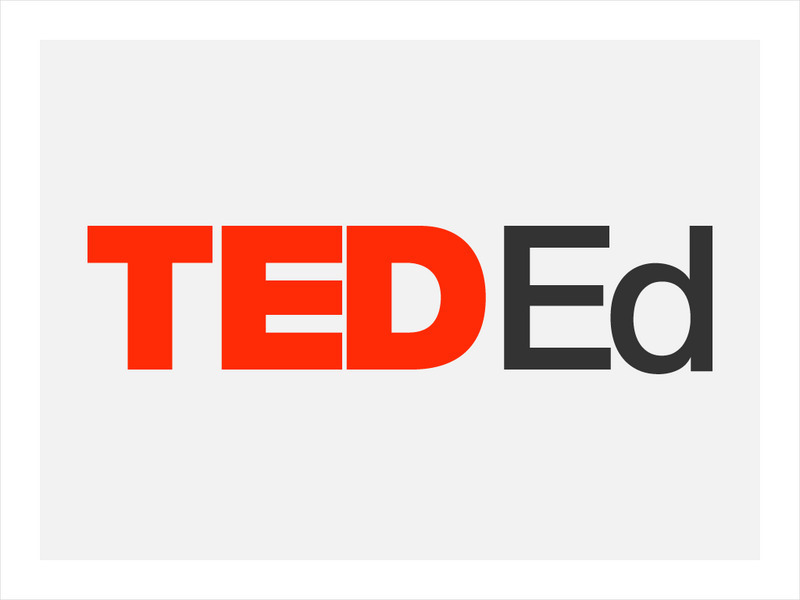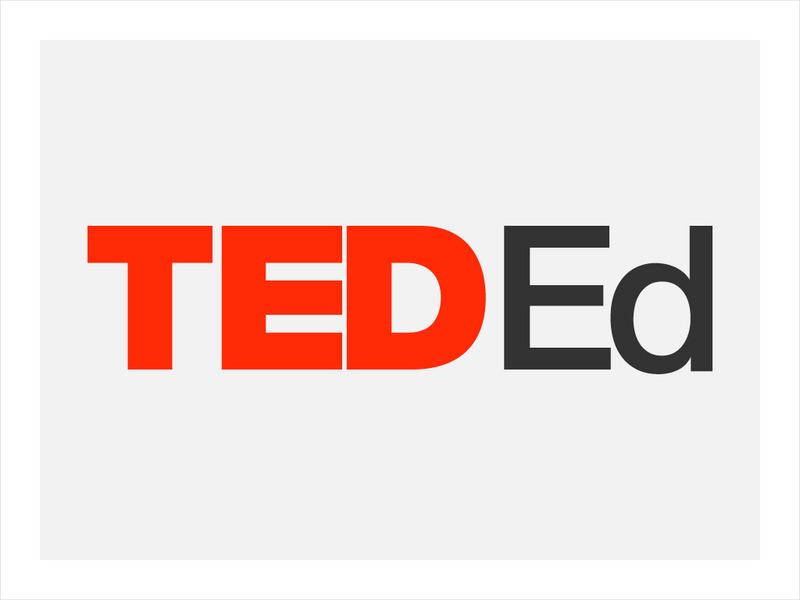National Humanities Center
Teaching The Great Gatsby: A Common Core Close Reading Seminar
The 41 slides in a professional development seminar model how to use close reading techniques to examine the many layers of F. Scott Fitzgerald's The Great Gatsby. In addition to passages from the novel, slides provide biographical...
New York State Education Department
TASC Transition Curriculum: Workshop 13
The six instructional shifts in this workshop definitely move math and science teachers' understanding of instruction. The workshop, 13th out of a series of 15, asks participants to examine sample tests and to look at how the six...
West Virginia Department of Education
Technical Writing: Real-World Writing in the 21st Century
Wondering how to respond to the age-old question when will I ever use this? The answer is very simple when discussing technical writing. Teachers and administrators gain an understanding of using technical writing in the classroom....
College Board
AP® Psychology: Teaching Statistics and Research Methodology
Psychologists use statistics? Scholars investigate the research behind the methodology of statistical analysis. Using hands-on practice, case-studies, and scatterplots, they complete various tasks to understand the very roots of high...
Transforming Education
Growth Mindset Toolkit
A nine-slide presentation provides educators with practical ways they can help young people develop a growth mindset, a key competency in social-emotional learning.
American Psychological Association
Sexual Orientation and Youth
A 24-page manual provides principals, educators, and other school personnel with factual information about sexual orientation development, important legal principles they must consider, and problematic efforts to change sexual...
College Board
AP® Psychology Cognition and Language
I can remember what happened five years ago, but I can't recall what I did last week! High school psychology students analyze how memory, cognition, and language impact one another. Hands-on activities, memory exercises, and research...
New York State Education Department
TASC Transition Curriculum: Workshop 1
Work out your core, Common Core State Standards, through the first workshop in a series of 15 designed for educators. Inquiry-based activities designed for all content areas and grade levels explore the shifts to new standards,...
New York State Education Department
TASC Transition Curriculum: Workshop 2
Flipped classrooms and online tools killed the chalkboard! An awesome, hands-on technology workshop asks teachers across all content areas. to examine model lessons, become familiar with research, and explore tech tools they can...
New York State Education Department
TASC Transition Curriculum: Workshop 3
Teachers turning into students? It's not Freaky Friday! It's a thoughtful workshop that teaches participants how to plan professional development for staff. Third in a 15-part series, the workshop provides a platform for the other...
New York State Education Department
TASC Transition Curriculum: Workshop 10
How have educational standards evolved? Educators of adults examine expectations in the 10th workshop out of 15 to better determine how standards have grown. Participants respond to a variety of sample questions to determine how they...
Transforming Education
Social Awareness Strategies
What are the benefits of developing social awareness? Using the resource, readers learn strategies for fostering civil discourse, creating a participatory classroom, and enhancing family involvement. Scholars also take a personality...
Transforming Education
Self-Management Strategies
What self-management techniques help scholars achieve their goals? Readers review a list of strategies for managing stress, increasing motivation, and setting goals. They discover how to monitor their emotions, create checklists to stay...
Transforming Education
Self-Efficacy Strategies
Scholars with high levels of self-efficacy perform better in school. Instructors review a list of strategies for enhancing self-efficacy skills. They discover how to teach learners to appropriately define success, celebrate progress, and...
Transforming Education
Growth Mindset Strategies
Help your students develop a growth mindset with a list of sample strategies for prioritizing efforts instead of results.Pupils learn how to embrace mistakes, set high expectations, and focus on process over product.
American Psychological Association
Developing Adolescents
Why to young people act the way they do? Scholars investigate the stages of adolescent development incorporating high school psychology techniques. Using research from the American Psychological Association, they uncover the five areas...
TED Talks
Ted: Ted Ed: How We See Color
There are three types of color receptors in your eye: red, green and blue. But how do we see the amazing kaleidoscope of other colors that make up our world? The following learning module explains how humans can see everything from...
CommonLit
Common Lit: "We Wear the Mask" by Paul Laurence Dunbar
CommonLit.org is a wonderful resource to use in a Language Arts classroom. Each text is accompanied by guided reading questions, assessment questions, and discussion questions. In addition, students can click on words to see the...
Other
We Charity: Homepage
WE Charity is the new name for Free the Children. This is a network of children helping children. They do so through education in over 45 countries.
Better Lesson
Better Lesson: Mice Squeak, We Speak
In this lesson students will write an informative sentence in response to listening to the story; "Mice squeak, We speak". Included in this lesson are examples of student work, videos of oral presentations, and puzzle pieces for new...
TED Talks
Ted: Ted Ed: Dark Matter: The Matter We Can't See
The Greeks had a simple and elegant formula for the universe: just earth, fire, wind, and water, but this visible matter comprises only 4% of the universe. CERN scientist James Gillies tells us what accounts for the remaining 96% (dark...
TED Talks
Ted: Ted Ed: Why Do We Cry?
Whether we cry during a sad movie, while chopping onions, or completely involuntarily, our eyes are constantly producing tears. This learning module tracks a particularly watery day in the life of Iris (the iris) as she cycles through...
Smithsonian Institution
Tween Tribune: Week of 4 4 16: Why Do We Sneeze?
Article answers the question, why do we sneeze?
Common Sense Media
Common Sense Media: We Are Civil Communicators
When we talk about our personal beliefs and politics, passions can run high -- especially when we're online. These intense moments can often lead to tit-for-tat insults, or worse. But, if addressed calmly and coolly, they can be an...
Other popular searches
- If We Must Die
- Plant Parts We Eat
- Technologies We Use
- Ways We Communicate
- We Are Marshall
- Plants We Eat
- If We Had No Moon
- We the People
- How We See
- We Beat the Street
- How Do We Celebrate
- How We Hear Sound




















